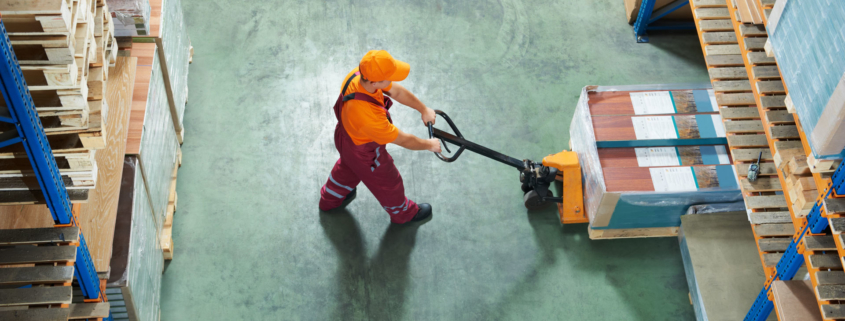TOP FIVE REASONS TO BECOME AN FTZ
Manufacturers in Northern Illinois can now apply to become a Foreign Trade Zone (FTZ) or subzone through the Greater Rockford Airport Authority. An FTZ site is a specific geographic area, typically an industrial building that is considered to be outside of U.S. Customs Territory. It helps reduce the cost of manufacturing, making domestic manufacturing more cost competitive than overseas production. In essence, an FTZ creates a level playing field that allows companies in our region to compete effectively in the global economy. Many local manufacturers are taking advantage of the savings and convenience of using an FTZ.
Could an FTZ increase your company’s profitability? If any of the scenarios below apply to you, it may be worth pursuing a feasibility study to learn if an FTZ could be beneficial to your company.
1. You import significant volumes of dutiable merchandise.
If you’re not using any duty deferral or reduction tools, you are paying tariffs when your imports are processed at the port-of-entry. Regardless of the final use or customers, you have no control over the timing of the payment of the import tariff. A Foreign Trade Zone allows you to defer the payment of the import duty until the time when the imported product leaves your facility, entering U.S. customs territory.
2. The timeline for receiving your imports is important for your business model.
Imported merchandise can sit for multiple days at a port-of-entry while awaiting customs processing. Inspections can add further delays, and strikes of port worker unions are an ongoing risk. An FTZ eliminates the risk of delays to your shipments because the product comes directly to your facility, bypassing customs at the port-of-entry.
3. Your imports are regulated by federal agencies such as the Food & Drug Administration (FDA).
The FDA and other regulatory agencies forbid certain imports into U.S. customs territory if they do not meet various health and safety requirements. An FTZ enables companies to import products and then modify them into final products that meet regulatory requirements. In this way, companies can supply a final product to the U.S. market that meets federal regulations using imports that otherwise wouldn’t be allowed in the U.S. market.
4. You manufacture a product that has a lower duty rate than its imported components.
If you are paying high duty rates on parts that are incorporated into your finished product, you may be able to reduce those payments by paying only the duty on the final product, rather than the duty on the imported components. This is called the “inverted tariff benefit” of the FTZ program, and it’s achieved by receiving production authority from the National FTZ Board.
5. A significant portion of your imports are never sold to the U.S. market.
If a large portion of your imports are re-exported or scrapped as waste, you can eliminate the tariff due on the imported components that are never sold to the U.S. market.
Learn more. To learn more about how an FTZ #176 could benefit your company or to request a no-cost feasibility analysis, contact FTZ Administrator Carrie Zethmayr at 312-221-1115 or carrie@zethmayr.com.



